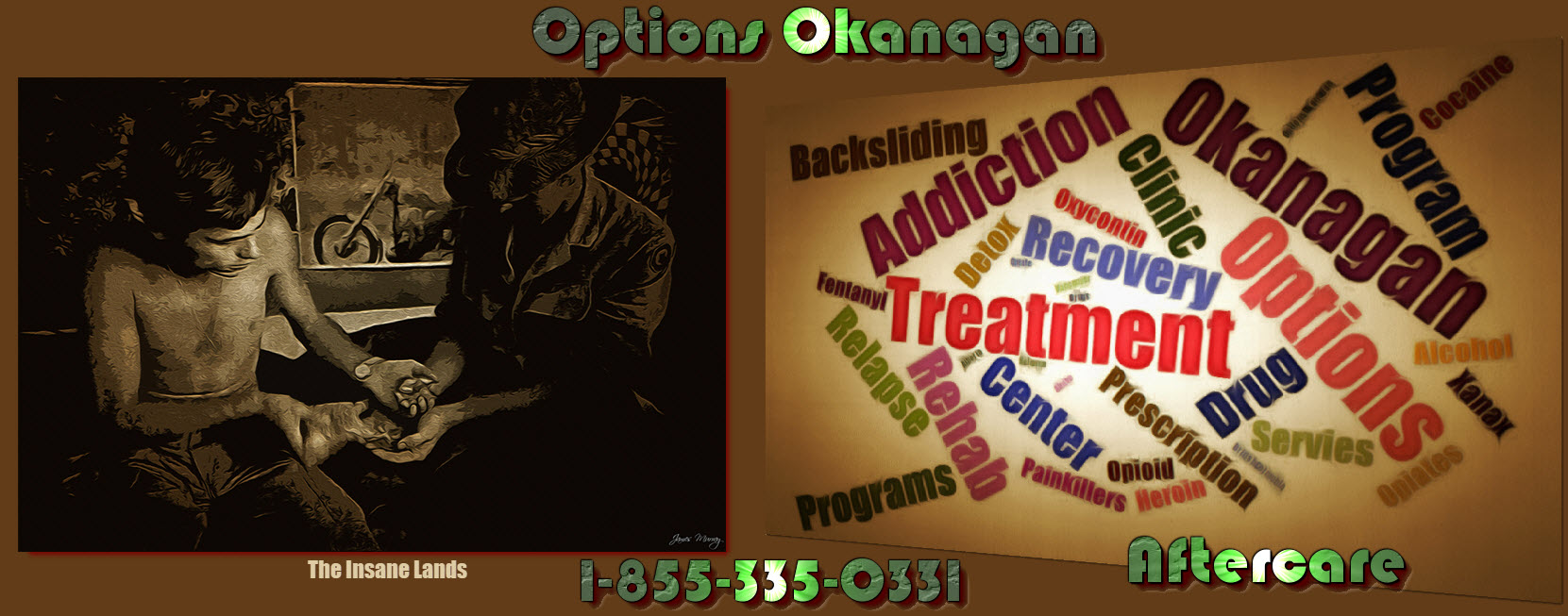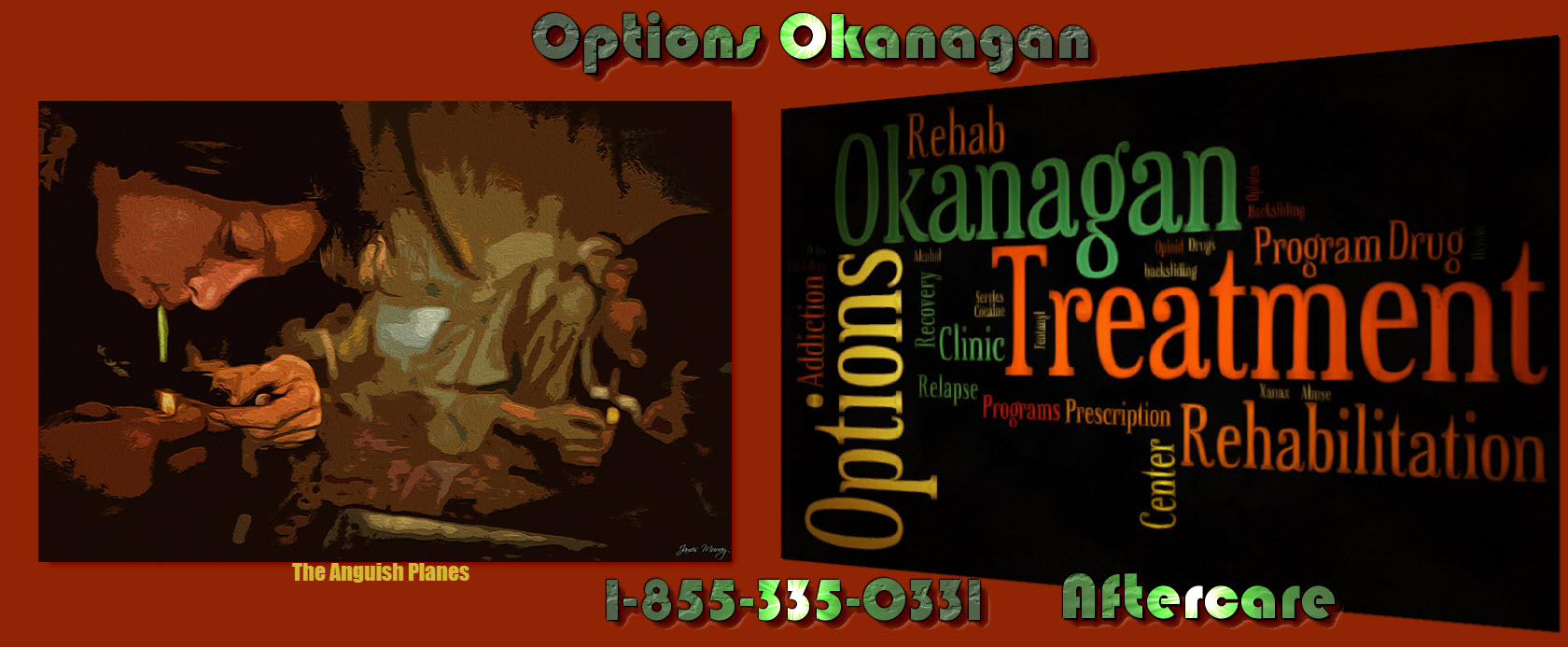For teens in addiction recovery, parents are a very important part of their success. Drug Rehab Programs in Alberta and British Columbia – Options Treatment Center in Kelowna, British Columbia treating drug, opiate, fentanyl, heroin, and alcohol addiction and recovery.
Drug Rehabs In Alberta And BC
Parents helping their teenagers as well as doing their own addiction recovery work can facilitate and promote healthy and balanced family members.
When a caring parent sees their kids hurting or having a hard time is one of the most agonizing and painful experiences they can have. It is also worse when their child’s destruction is self-inflicted with alcohol, drugs or other medications. Parents of young adults dealing with substance abuse problems are usually hurt, ashamed, as well as stressed and worried, however, they are also an important part of helping their kids do well in addiction recovery.
Parents’ support is the most crucial and essential piece of their teenager’s recovery and healing.
Counselors and therapists commonly see parents that want to help and aid their children get sober, however, they do not know or understand where to begin or are ill-informed in how they are attempting to help. Below are some pointers for helping young adults be successful in addiction recovery:
A Parent Should Be Prepared to Do Their Very Own Work
Parents usually send their teenagers to some private young adults’ behavioral treatment program when they really feel fed up or helpless. While they are delighted for their teen to obtain therapy customized to teenagers, they quickly recognize that as parents they likewise require to do some recovery work as well. Part of the work includes releasing the blame as well as the anger towards their teenager for the damages that their substance abuse has caused to the other members of the family.
Counselors and therapists frequently inform parents to acknowledge that their youngster is still good under all that trouble. Even if the parents are actually losing hope, frustration, and disappointment, that their child still has a heart and still wishes or needs the important things they once did.
Taking part in individual as well as family therapies can aid parents with their feelings as well as move on in a more positive and favorable way of thinking.
Parents Have To Know When to Step Back.
While parental participation is important in the treatment and therapy in addiction recovery, it is additionally vital that parents foster independence and self-reliance in their teens.
The parents’ objective or goal or perhaps more highly the obligation and duty of parents is to raise children that no longer need them. It is very easy to accept this declaration on a cognitive level, nevertheless, handling that emotionally, psychologically is deeply disheartening since parents want their children to always need them.
Yet, providing teenagers the “overprotective parent” treatment will certainly result in more strife as well as disagreements. Instead, counselors and therapists encourage parents to offer their children freedom and permit them to handle the consequences if they make poor choices.
If parents can not let their children deal with the effects and consequences for a few of their bad acts, how will they handle things that end up being overwhelmingly and much harder?
Parents Should Let Them Know They Are Loved.
Oftentimes, teenagers in addiction recovery acknowledge how their substance abuse has actually harmed them as well as their families. This can erode their self-esteem, confidence much more than their addiction has done.
Alcohol and drug addiction rip apart plenty of things on the surface, however, the internal effects are equally as bad and negative. It tears apart self-confidence, self-esteem, dignity, as well as numerous other character qualities, making the teenager virtually totally unstable to themselves. Parents who believe long-lasting addiction recovery and healing is possible for them will restore their self-belief.
Parents’ encouragement, support as well as merely showing an interest in their hopes, desires, as well as objectives and restore their self-confidence that was ripped apart. Love, as well as an emotional, psychological relationship in the depths of the addiction, will certainly always go far to make sure the teenager understands that there is somebody that cares and is fighting for them.
Teenagers are always beating themselves up for their bad actions more than they reveal. In these instances, their anxiety, fear, and unhappiness may manifest as anger. Defusing that as opposed to engaging can help promote healing and recovery.
Teenagers are confused as well as not in control of the circumstance which is a formula for chaos and turmoil. However, if parents can preserve a relationship with them and do not point to blame or say things like, ‘look what you have done’ parents can minimize the mayhem.
Parents have to plan for their teenager’s return home from therapy.
The transition home from a treatment program is a critical time for young adults in addiction recovery. While the teen has remained sober in the safe confines of a residential treatment program, they are now required to test their soberness in real life. Parents can help alleviate this transition by being proactive and positive, including:
Get rid of any type of medication or drug paraphernalia from their space.
Parents should pay especially close attention to the teenager’s bedroom, automobile, or other locations where they spend a great deal of time. Inspect electrical outlets, switch panels, air conditioners, vents, bathroom tanks, soles of the footwear, etc…
Parents should make a sobriety strategy.
Just before a teenager leaves their treatment programs, parents should collaborate with their therapy team to make a sobriety strategy. In this way, a parent will know what they will do when unavoidable hurdles show up. Bear in mind that using substances is not the only sign or indication that a teenager is having problems and struggling with their sobriety.
At some point in time in their sobriety a teen’s self-confidence and self-esteem rebuilds, they might feel like taking shortcuts and even neglect the sobriety strategy that has been implemented. This kind of thinking and reasoning is a clear-cut road to relapse and if a mental, psychological relapse takes place, a physical relapse is guaranteed.
Recognizing and acknowledging that a teenager’s addiction recovery is a process of progress, not perfection, which can help and assist the entire family to recover and heal from the impacts of substance abuse.
Options Okanagan Opiate and Alcohol Treatment Centers in Kelowna, Salmon Arm and Vancouver, British Columbia – Men and Women are recovering and healing from Alcohol and Drug Abuse at our treatment center here in the Okanagan right now.
Our unique and distinctive Opiate Drug and Alcohol treatment program allows men and women to come in from Calgary as well as Edmonton as we offer airport pickup.
Numerous clients come to us from Vancouver, Calgary, and Edmonton and other locations in Alberta and even other provinces for Opiate addiction treatment, heroin drug treatment, many other drug and alcohol addictions for rehabilitation because of the uniqueness of our treatment center.
Our (Kelowna ) Alcohol and Drug Treatment Program Location:
(Not Mailing Address) Contact Us – Web Page
For Mail Delivery :: Please contact each center for correct mailing addresses, also this location is the location of our residential treatment programs in Kelowna. Please call Toll Free 1-855-335-0331 to contact the treatment center you are going to for the address and directions.
Options Okanagan Drug and Opiate Treatment Center
551 Sherrydale Crescent, Kelowna, British Columbia, V1V 2E6
Toll-Free Phone Number: 1-855-335-0331




